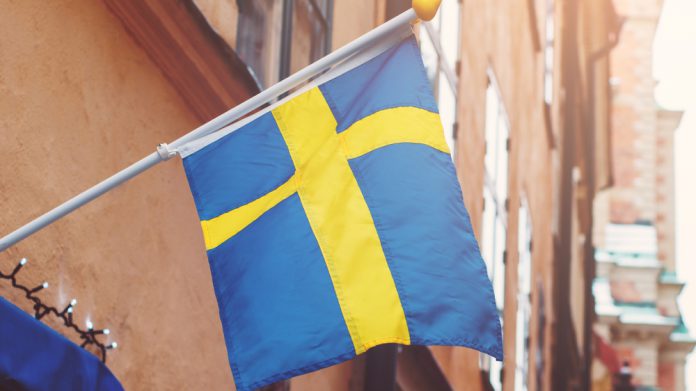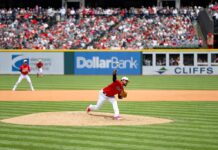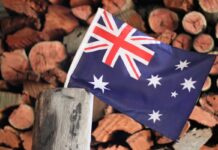Spelinspektionen, the Swedish gambling authority, has published its annual report on the gambling habits of the Swedish public, revealing that 65 per cent of respondents are aware of the country’s Spelpaus self-exclusion service, an improvement from the previous year.
The Swedish regulator commissioned market research company Enkätfabriken to conduct the survey, in which 1,538 people participated in November 2023 who were aged 18 or older and a resident of Sweden. This figure is down slightly from the 1,672 who participated in 2022.
Utilising market research data collector Norstat, many of the survey respondents were contacted via telephone.
They were also asked a screening question of how often respondents had gambled, to which only those who answered that they had played at least once in the past 12 months or more often could participate in the survey.
Of those surveyed who haven’t gambled in the past 12 months – 214 (2022: 302) – 32 per cent said they haven’t gambled because they never won (2022: 31 per cent), 27 per cent said they had low confidence in the current gambling market (2022: 18 per cent), while 19 per cent said they were tired of playing (2022: 16 per cent).
Spelinspektionen stated that of all respondents, 1,143 progressed from the screening question, with 41 per cent stating they had gambled in the past week, up in comparison to 2022’s 38 per cent and 2021’s 34 per cent.
47 per cent of men had gambled in the past week compared to 35 per cent of women, and most were also 50 years old or older.
Out of 1,143 respondents, the Swedish regulator noted that 66 per cent stated that rising interest rates and food prices would not make a difference to how often they play (2022: 78 per cent) while 16 per cent said they would play a little less (2022: 16 per cent).
33 per cent of respondents said they gambled a couple of times a week (2022: 27 per cent), while 27 per cent said they play at least once a month (2022: 21 per cent). Three per cent said they gamble pretty much every day, which is up on previous years.
Regarding the country’s self-exclusion service Spelpaus.se, 65 per cent of respondents noted that they know about the service, up on 2022’s figure of 62 per cent and 2021’s 59 per cent, with four per cent of that 65 stating they have used it.
Lotteries and number games such as Lotto were the most popular game type wagered on by members of the Swedish public at 74 per cent, followed by trotting at 25 per cent, sports betting (excluding trotting) and bingo at 15 per cent, casino at 10 per cent, slots at five per cent and poker at three per cent.
Most wagers across these game types took place online. Only bingo had a higher wager percentage in person at 61 per cent than online at 49 per cent. In terms of land-based participation, slots were next at 52 per cent, followed by lotteries at 50 per cent, poker at 30 per cent, trotting at 27 per cent, and casino and sports betting at 15 per cent each.
Casino and sports betting had the highest online participation at 93 per cent each, followed by trotting and poker at 86 per cent, slots at 61 per cent and lotteries at 58 per cent.
46 per cent of survey respondents stated that the most important thing for them when they play is the probability of winning, followed by bet size and security/controlled operations at 33 per cent, entertainment at 29 per cent, and a gaming company with a Swedish licence at 28 per cent.
Spelinspektionen reported that 85 per cent of respondents gambled from home in the past 12 months, which is consistent with previous years. 41 per cent have used one online gaming account in the last 90 days (2022: 39 per cent), while 15 per cent have used two (2022: 10 per cent) and 36 per cent haven’t used one (2022: 47 per cent).
69 per cent of correspondents said that gambling companies take responsibility for gambling problems to some extent at least (2022: 61 per cent). Respondents also stated that the Swedish market has become healthier, safer, more reliable and more entertaining over the past year.
Last month, Spelinspektionen stated that it would ‘carefully follow developments’ regarding the proposed gambling tax increase in Sweden.
From July 1, 2024, Regeringskansliet, the Swedish government, plans to increase Sweden’s gambling tax from 18 per cent to 22 per cent, raising an additional SEK 540m (£39.4m) per year, and is expected to be put forth before the Riksdag for approval this spring.
Regeringskansliet hopes that by increasing the gambling tax, a channelisation target of 90 per cent can be achieved with little negative impact on the legal market.











